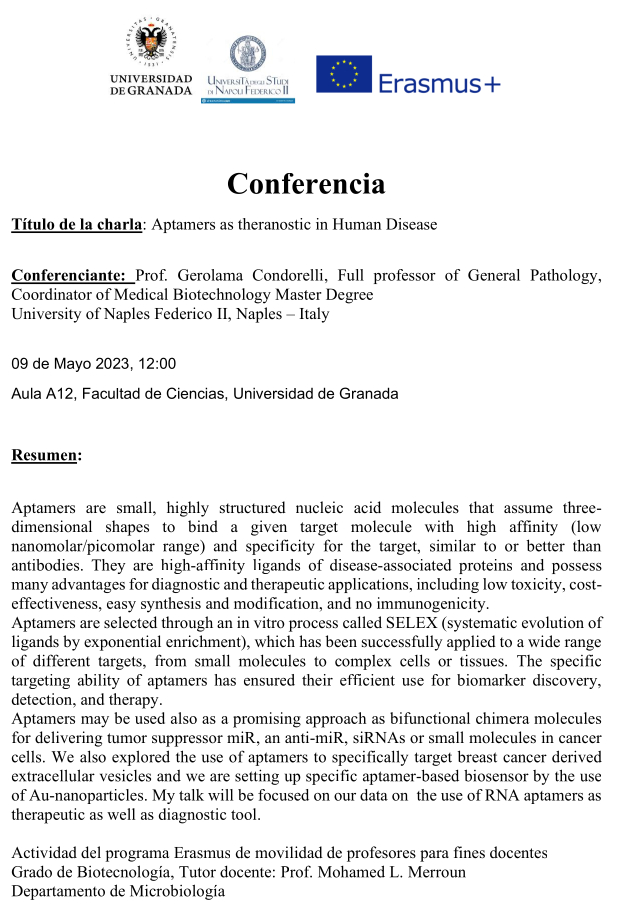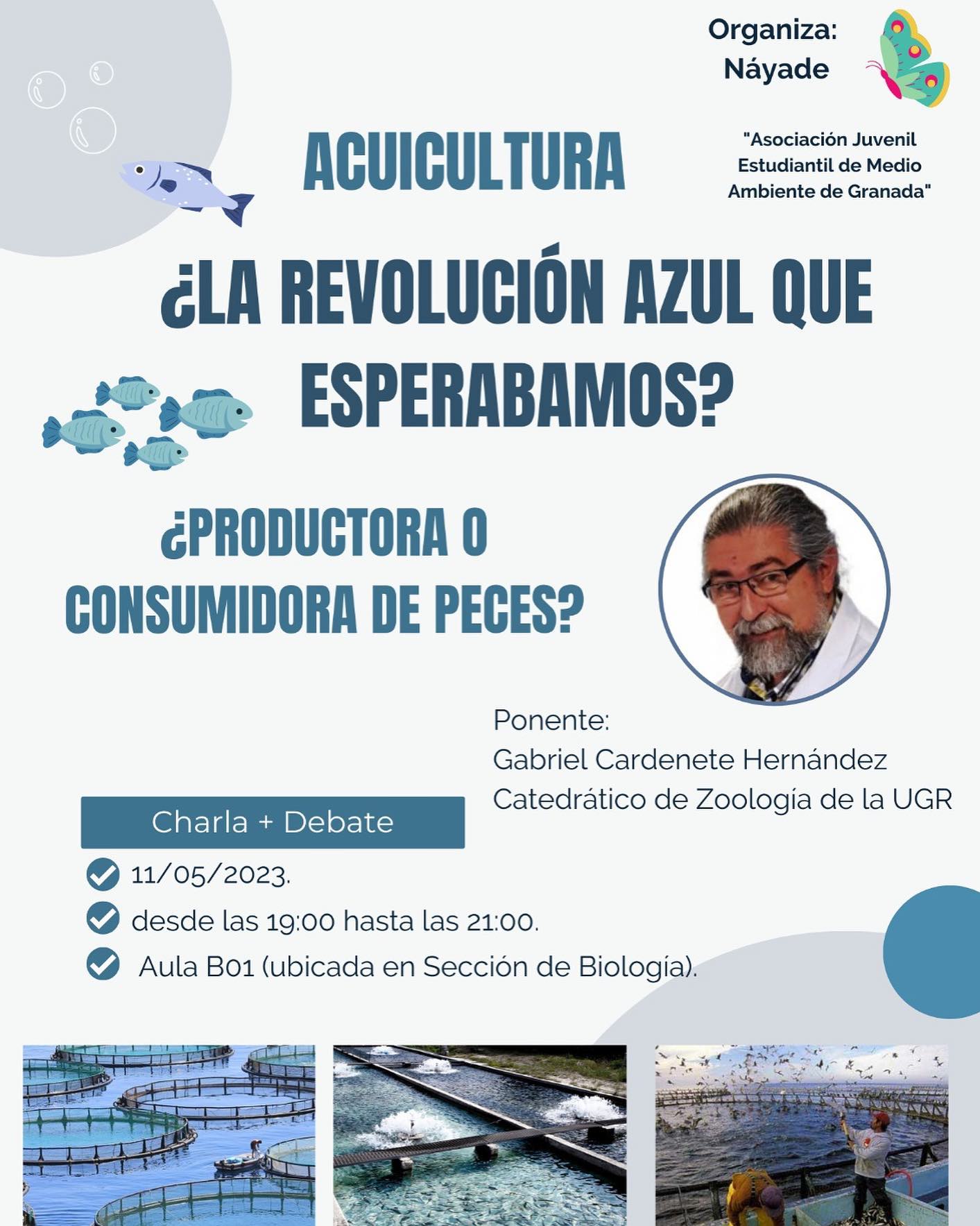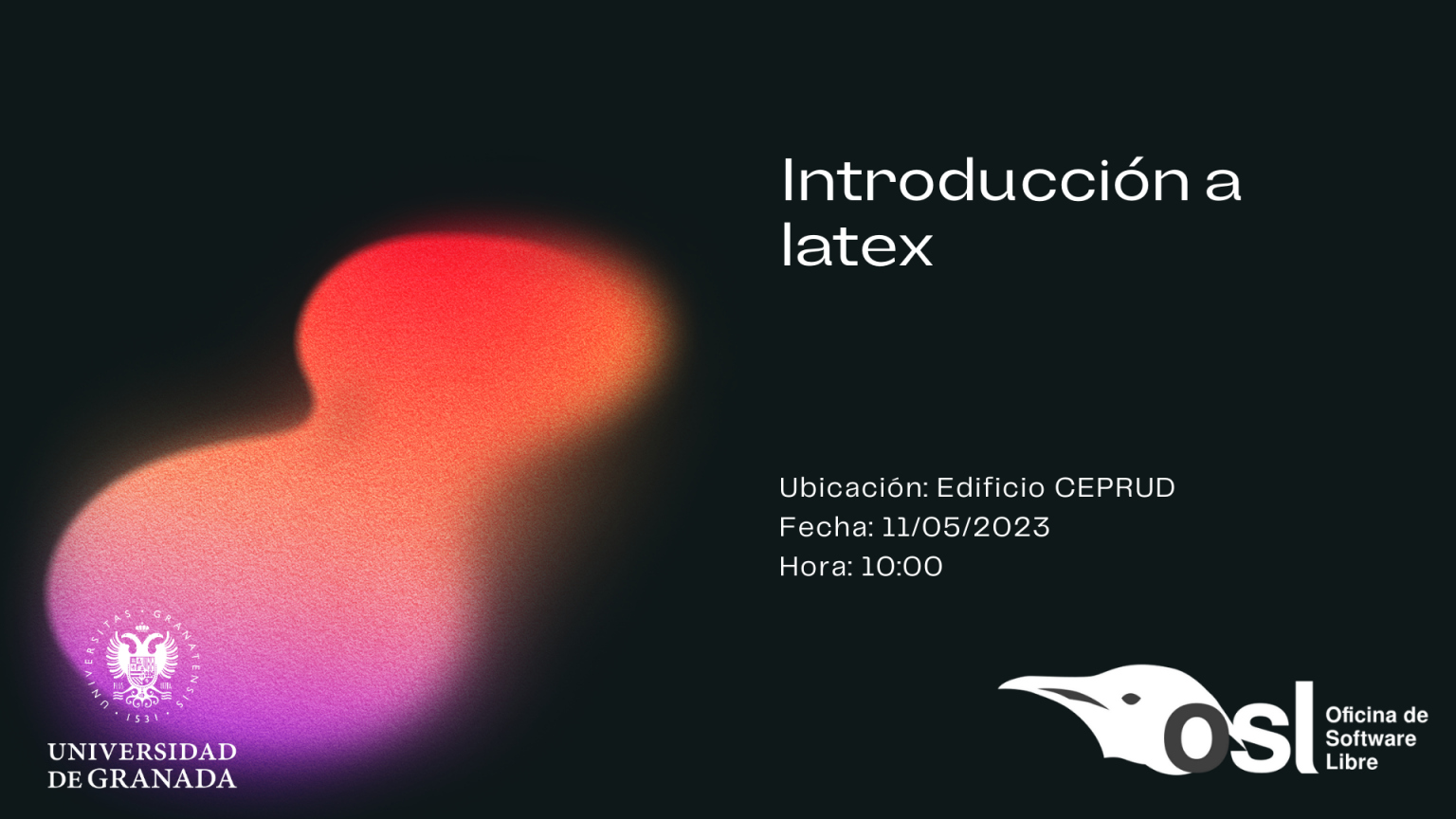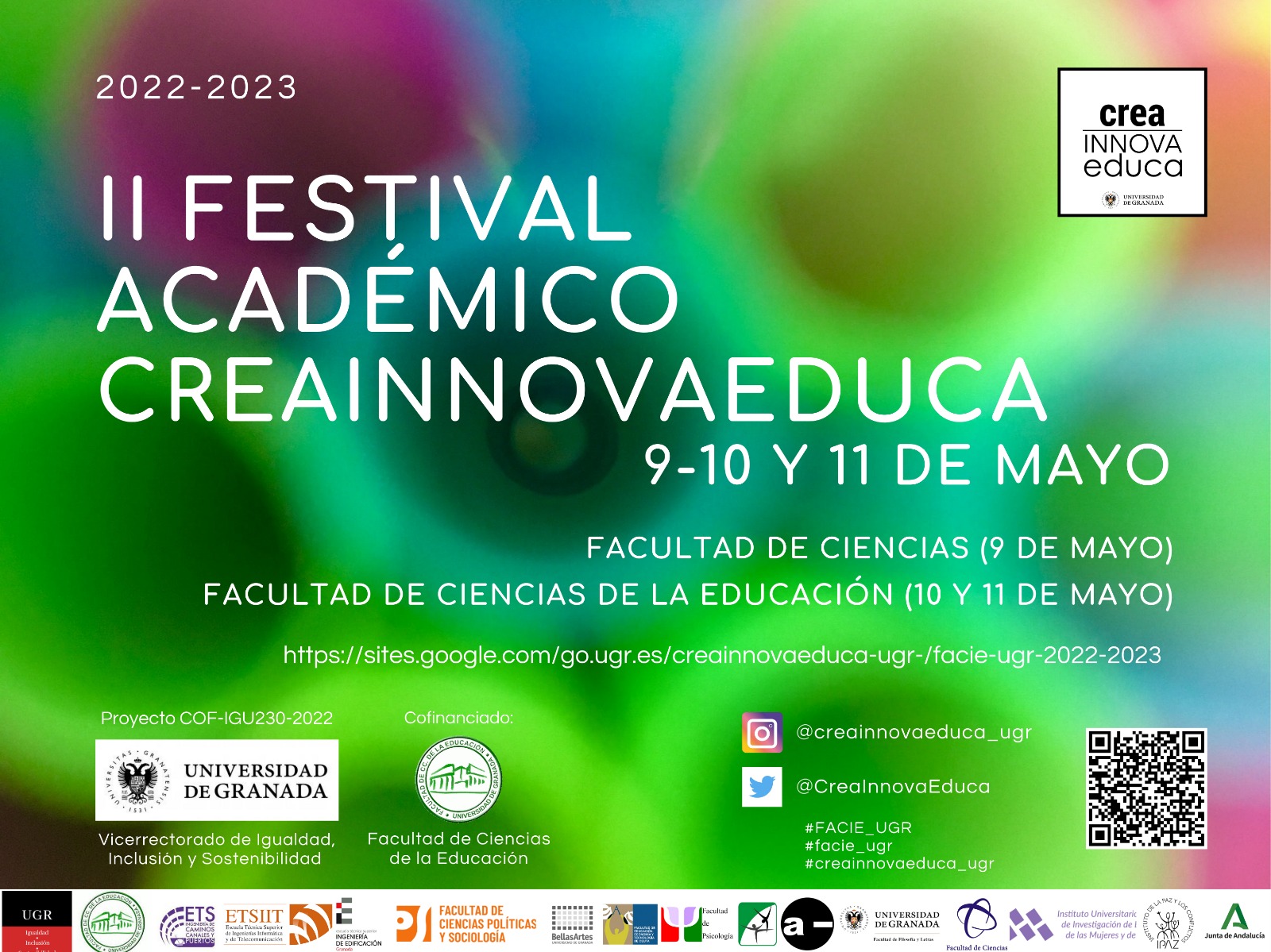Noticias
Fecha: 9 de Mayo 2023.
Hora: 12:00h.
Lugar: Aula A12, Facultad de Ciencias, Universidad de Granada.
Conferenciante: Prof. Gerolama Condorelli, Full professor of General Pathology, Coordinator of Medical Biotechnology Master Degree. University of Naples Federico II, Naples – Italy.
Aptamers are small, highly structured nucleic acid molecules that assume three-dimensional shapes to bind a given target molecule with high affinity (low nanomolar/picomolar range) and specificity for the target, similar to or better than antibodies. They are high-affinity ligands of disease-associated proteins and possess many advantages for diagnostic and therapeutic applications, including low toxicity, cost-effectiveness, easy synthesis and modification, and no immunogenicity.
Aptamers are selected through an in vitro process called SELEX (systematic evolution of ligands by exponential enrichment), which has been successfully applied to a wide range of different targets, from small molecules to complex cells or tissues. The specific targeting ability of aptamers has ensured their efficient use for biomarker discovery, detection, and therapy.
Aptamers may be used also as a promising approach as bifunctional chimera molecules for delivering tumor suppressor miR, an anti-miR, siRNAs or small molecules in cancer cells. We also explored the use of aptamers to specifically target breast cancer derived extracellular vesicles and we are setting up specific aptamer-based biosensor by the use of Au-nanoparticles. My talk will be focused on our data on the use of RNA aptamers as therapeutic as well as diagnostic tool.
Actividad del programa Erasmus de movilidad de profesores para fines docentes
Grado de Biotecnología, Tutor docente: Prof. Mohamed L. Merroun
Departamento de Microbiología
Fecha: Jueves 11 de Mayo de 2023.
Hora: de 19:00h a 21:00h.
Lugar: Aula B01 de la Sección de Biología de la Facultad de Ciencias.
Ponente: Gabriel Cardenete, Catedrático de Zoología de la UGR. Su trayectoria como investigador está relacionada con la acuicultura y la piscifactoría en diferentes aspectos. Durante la charla nos introducirá el tema y posteriormente se hará un debate entre los participantes.
Organiza: Nayade (Asociación Juvenil Estudiantil de Medio Ambiente de Granada).
Fecha: Jueves, 11 de Mayo de 2023.
Hora: 10:00h a 13:00h.
Lugar: Edificio Ceprud.
Inscripción: desde la Oficina Virtual de UGR -> Formación del PDI.
En este seminario, aprenderemos cómo utilizar esta herramienta para crear documentos científicos y otros tipos de publicaciones de manera altamente profesional.
LaTeX es un lenguaje de programación para la creación de documentos, que nos permite centrarnos en escribir en lugar de perder tiempo en maquetar y tratar con distintos formatos. De hecho, un documento escrito en LaTeX puede cambiar de formato específico de una revista a otra con solo cambiar una línea.
Organiza: Oficina de Software Libre de la UGR.
Fecha: 25 de Mayo de 2023.
Hora: 12:00 a 13:00.
Lugar: Aula A22 de la Facultad de Ciencias.
Ponente: Dra. Irene Tagliaro (University of Milano-Bicocca).
Organiza el Grupo de Física de Fluidos y Biocoloides de la UGR.
The development of materials with controlled interactions with water and ice is a great challenge for both science and industry. The complex interactions at interfaces needed to be broken down to gain fundamental understanding, and often interdisciplinary approaches spanning from physics to chemistry to engineering are required.
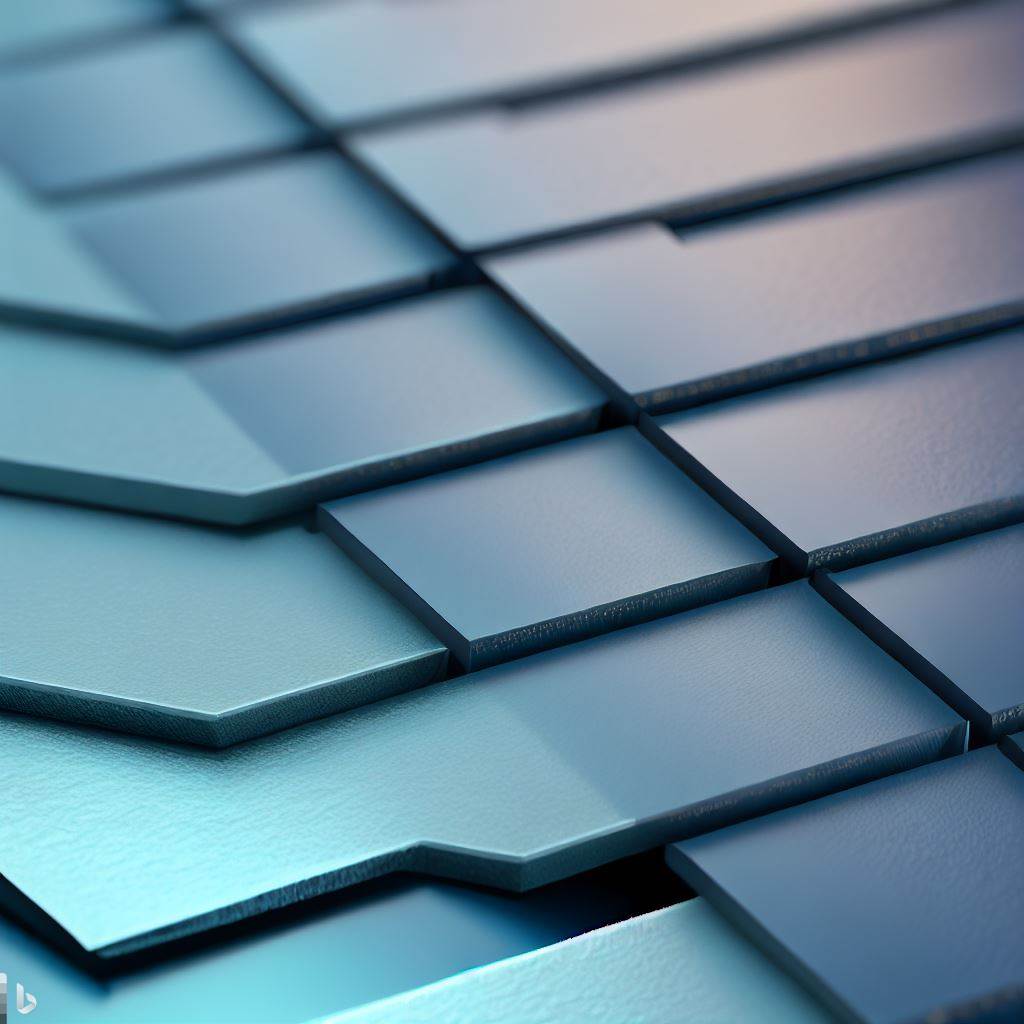
Functional properties of surfaces against ice formation and adhesion involve the reduction of ice adhesion stress, the suppression of the nucleation temperature, or delay the freezing time, but also the promotion of liquid water removal from the surface by drop rebound or shedding before freezing. The exploitation of functional properties has inspired the development of different types of surfaces for controlling ice formation i.e. superhydrophobic surfaces, soft deformable materials, discontinuous surfaces, surfaces comprising a water liquid layer, and modified with anti-freeze proteins. In this seminar, different approaches for icephobic materials are presented in the frame of the project ITN-MSCA SURFICE (Smart surface design for efficient ice protection and control). This project which involves universities, research institutions, enterprises and partner organizations in 8 European countries (Italy, Germany, France, the UK, the Netherland, Belgium, Austria, Switzerland) has the ambition of leading to the formulation of a rational framework for the design and the fabrication of a category of icephobic surfaces.
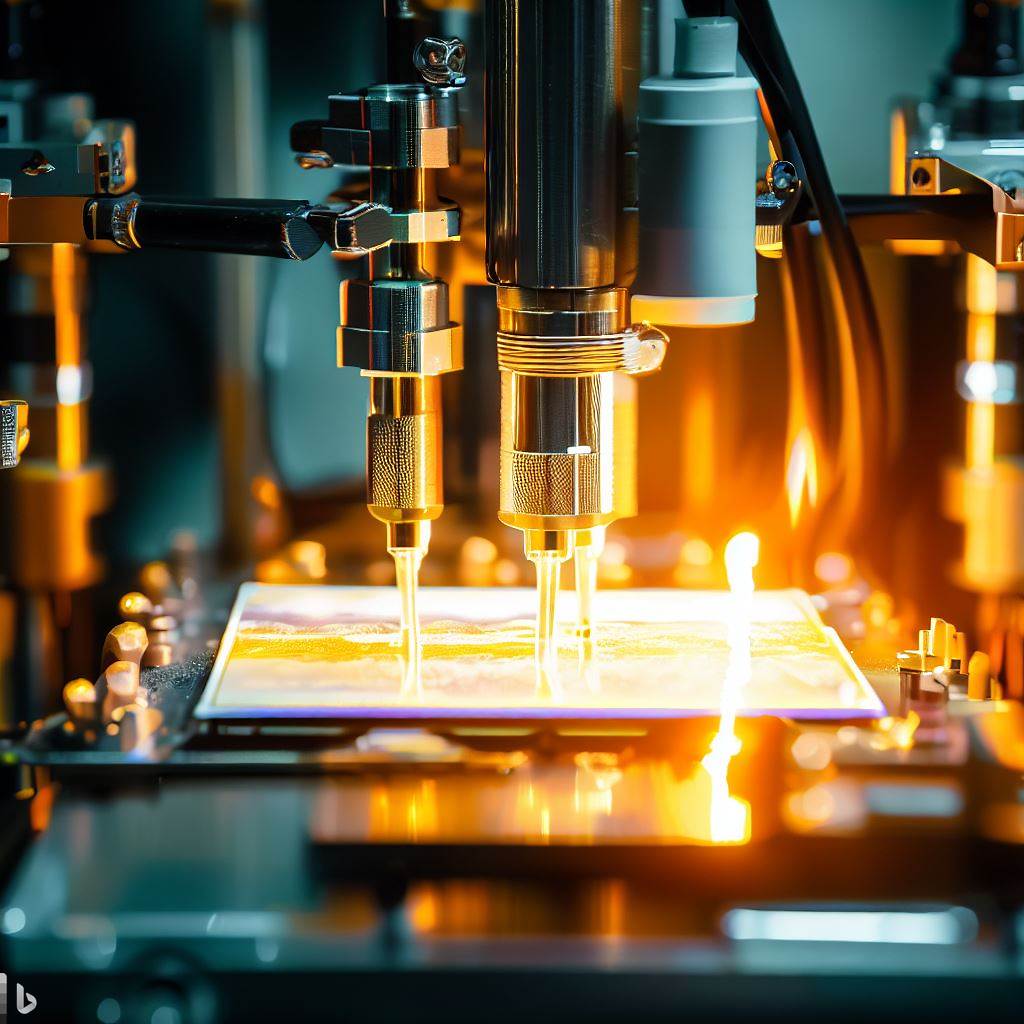
Fecha: 11 de Mayo de 2023.
Hora: 12:00 a 13:00.
Lugar: Aula A22 de la Facultad de Ciencias.
Ponente: Siham Mebarek (University of Science and Technology of Oran Mohamed Boudiaf).
Organiza: Grupo de Física de Fluidos y Biocoloides del Departamento de Física Aplicada de la UGR.
ZnO@Si gas sensors work on the principle of falling resistance of a ZnO layer deposited on a silicon substrate upon adsorption of gasses, such as alcohol or carbon monoxide. The latter is a health problem in winter in my country, Algeria. Previous attempts in our lab required significant heating of the sensors, consuming a few watts during the measuring process. In order to reduce the power consumption, we plan to miniaturize the sensors by using conventional lithography masks and etching of the silicon substrates. Thus, on one side of the sensor we will deposit the ZnO layer and on the opposite side of the sensor we will deposit the resistors to locally heat the sensor. We also need miniaturized contacts to measure the resistance of the ZnO layer. The final goal is to master all of these processes in our lab in Algeria to produce multiple sensors on a single silicon wafer. Thanks to an Erasmus+ research stay, currently I am working with Dr. Miguel Angel Fernandez-Rodriguez to adapt the soft colloidal lithography technique to produce nanostructured layers of ZnO nanoparticles. In this technique we use microgels that we self-assemble at water/air interfaces and deposit on silicon substrates. The deposited microgel monolayers act as negative masks for the electrostatic adsorption of ZnO nanoparticles. Based on previous publications, we believe that nanostructuring will enhance the efficiency of the gas sensors.
9 de mayo de 2023 en Facultad de Ciencias.
10 y 11 de mayo de 2023 en Facultad de Ciencias de la Educación.
El Festival Académico CreaInnovaEduca-UGR es un proyecto inter y transdisciplinar e interinstitucional que, mediante una estrategia sinérgica y lúdica, pretende crear espacios abiertos, flexibles y participativos para la colaboración y el aprendizaje en proyectos que tengan impacto en la sociedad y el entorno.
Las actividades que se pretenden desarrollar dentro del Festival FACIE-UGR son variadas y se plantean con la finalidad de generar un espacio cultural propio de participación y contribución en el que docentes y estudiantes tienen el protagonismo.




